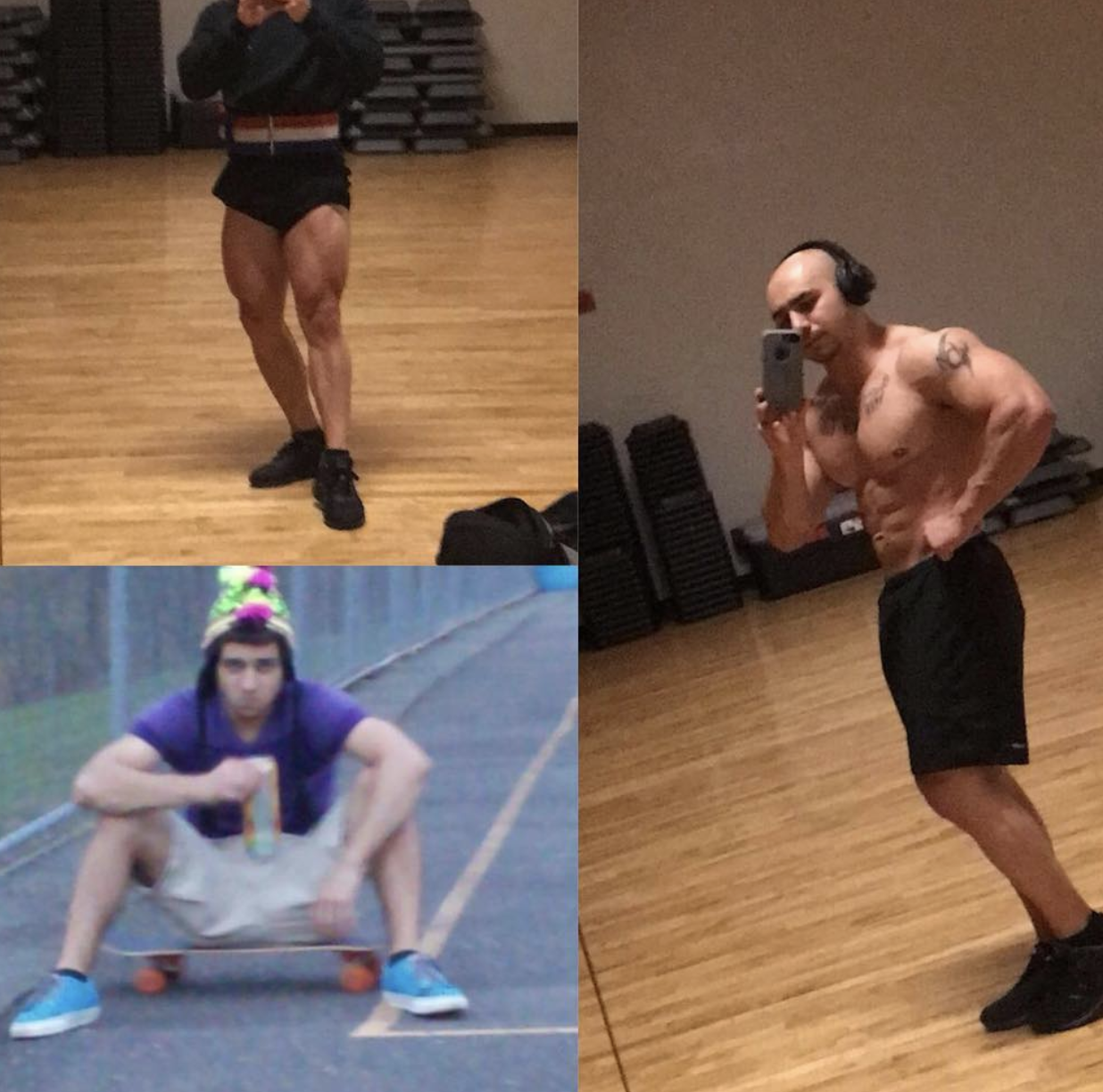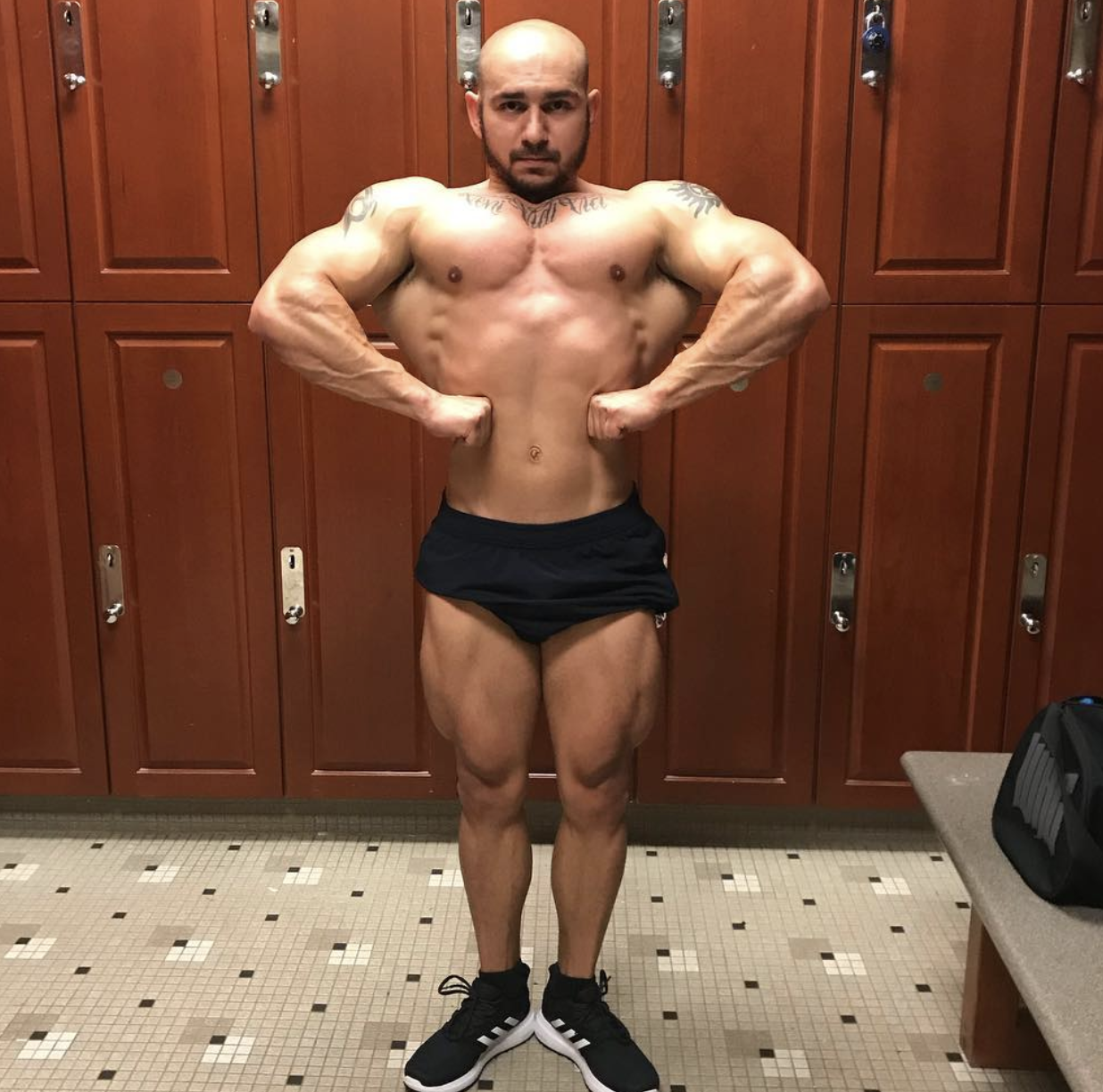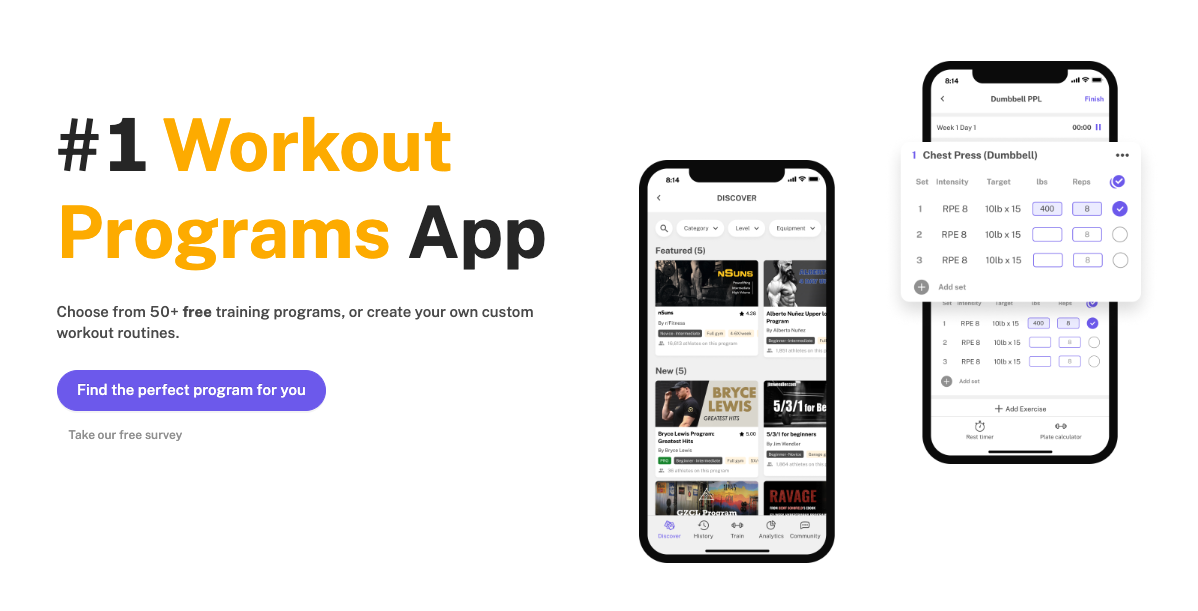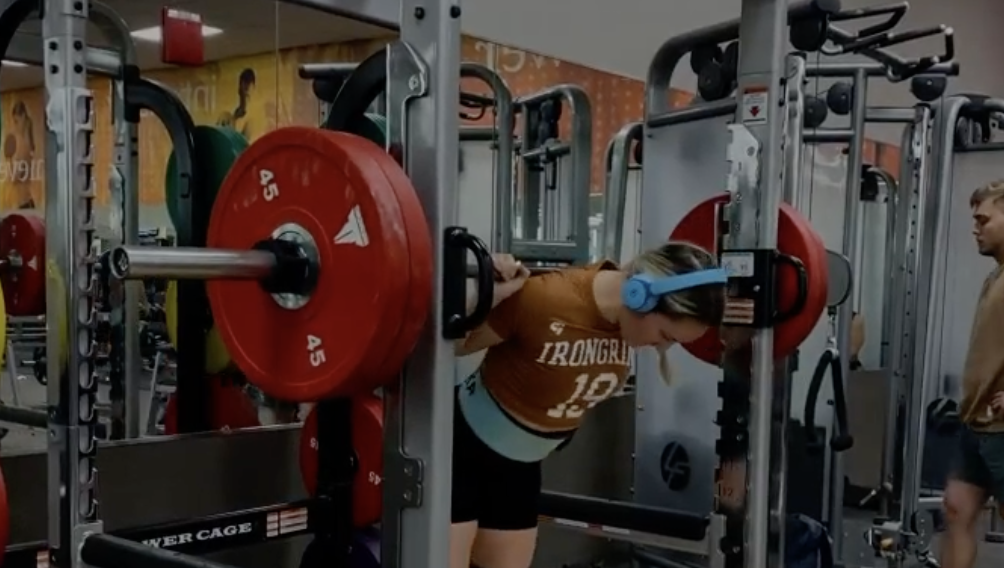How to Know When You Hit Your Genetic Potential in Weight Training
Written by The Boostcamp Editors
When will the gain train stop?
As a gym goer, whether that is a bodybuilder, a competitive powerlifter, or an Olympic weightlifter, there comes a time when you hit your natural limit, also known as your genetic potential. What exactly does this mean? This means that you have absolutely maxed out your body's genetic potential, and unfortunately you can no longer put any muscle mass on, nor can you get any stronger, you have hit a ceiling, your progression has stopped. When you hit your genetic potential, it does not matter how much more you put into your diet or supplementation routine, how much you switch up your workout program, the gains are done.
Hitting your genetic potential can sound pretty discouraging and take a toll on you mentally, and this is the point where a lot of lifters will decide to go the route of anabolic steroids, or just give up weight training as they have reached "the end". However, there is a large chance that you are nowhere near your genetic potential.
When it comes to your natural limit in weight training, how long does it actually take to get there and what do you do from there?
Progress is Not Always Linear

First thing’s first, chances are as a natural lifter your progress will not be linear throughout your entire career. Sure, as someone who is new to the gym, you will make some massive gains in those first few months or even a year. Putting on 10-20 lbs of muscle in that first year is not uncommon, as this is when your body is first being exposed to the muscle building stimulus, and as long as you aren't eating like complete garbage and getting no sleep, you can make some solid gains. While newbie gains can happen after your first run through of the gym, do not expect that consistently, year after year.
When it comes to putting on muscle mass after your first year lifting, it may be a very slow, and non-linear progress. Even if you have everything in place perfectly you may still experience plateaus and other things. Many natural athletes who have been lifting for awhile will put on less than 5 lbs of muscle mass a year, and that is on the high end. Even after everything they try, they still find themselves struggling to put on the muscle mass and strength that they did in their first year or so of training.
A lot of times, especially through a bulking and cutting phase, you may lose a little muscle here and there, then gain more back when it comes time. The bottom line is your progress will not be a straight line up, it unfortunately is not consistently linear.
How to Know You Hit Your Natural Limit in Lifting
When it comes to knowing that you have reached your absolute genetic potential, there are a few things to consider, but the truth it, there is no definite measurement of your genetic potential. First off, many people will never reach their true genetic potential, as they will give up or take their foot off the gas before they come close, or maybe even turn to anabolics.
But, there have been a few lifters who have gotten very close to reaching their absolute genetic potential, such as Alberto Nunez or Youtube fitness sensation, Jeff Nippard. However, they both have years of training under their belts. For example, Jeff Nippard has been training for 15+ years and stated that in the last decade, he has only put on 7.5lbs of muscle in total, but still things he has a bit more room to grow. You also can see some major changes in Jeff's physique, despite him only putting on less than 10 lbs of muscle mass throughout his career.
Once you have slowed down and made little to no progress consistently for years at a time, then perhaps you have gotten close to reaching it. Everyone is different, so in reality you can make no gains for a year, then all the sudden skyrocket in progress, but your training partner may be the complete opposite.
You also have to factor in your lifestyle habits, and how they change over time. Some periods of time you may be doing things that are not as great for progressing your strength and muscle mass as others, then another period of time you may be focusing only on the gym. There are so many factors that can affect you reaching your natural limits, that there is no true way to measure. However, there are things you can do to try and get as close to your genetic potential as possible.
How to Hit Your Genetic Potential in Weight Training

While there is not one true way to tell if you hit your genetic limits, you can do everything in your power to get as close to them as possible. It will require a lot of hard work, time, and dedication, so if you are up for that, continue reading.
Perfecting Your Sleep Schedule
The first thing to really consider is perfecting your sleep schedule. While it may not seem that interesting or fun, a good sleep schedule does wonders for your recovery process. The right amount of sleep helps to boost testosterone and growth hormone levels, which are both essential muscle building hormones. There have been studies that show getting less than 6 hours of sleep a night leave people with testosterone levels of someone ten years their senior.
Lifting on a Program
Another thing to consider is lifting on an actual workout program. Sure, going into the gym and slamming one rep maxes feels great, but sticking to a solid workout program is far better for your progress and helps when it comes to pushing you to the limits. A workout program that incorporates progressive overload, as well as deload weeks to help give you time to recover, is great for your gains. A proper program will hold you accountable for what you do, and also help to track your progress along the way, so you will be able to see over time as you get closer to your genetic potential.
When it comes to finding some quality workout routines that forward your progress, check out the Boostcamp App for some great programs. Whether that is push pull legs or upper lower or whatever else you may be trying to do, Boostcamp has something for you. You would want to find a program that caters to your needs, gives you good accessories to do, and guides you in the right direction, making sure that you are making the most gains. If you are looking to stay on track and continue with linear progression, then finding a good workout program is the key.
Proper Diet
You are what you eat, a phrase that his been around for years and years. However, it reigns relatively true, because if you are stuffing your face with junk food, you will not be making the progress you want, and it will only push you further from your natural limit. Making sure that you are getting the proper macronutrients (carbs, fats, proteins) is key for muscle building and strength gains, and also making sure you do not get overly fat.
Another thing to consider with diet is that what you eat contributes to your hormone levels, so when you are eating tons and tons of junk, your testosterone levels will decline. Having declining testosterone levels is something that can be detrimental to reaching your genetic potential.
Supplementation
Piggybacking off of having a proper diet is having a proper supplementation regimen. Supplements are great for helping us get in the right amount of macro and micro nutrients. They help to repair our muscles and make sure that we are overall healthy.
Some supplements that you should consider adding to your list are:
Protein powder: To make sure you are getting the proper amount of protein for muscle building
Creatine: Creatine is great to help with muscle building and strength gains
Multivitamin: To assist in getting the proper amount of micronutrients and making sure your immune system is in tip top shape
Genetic Potential Wrap Up
Overall, your natural genetic potential is something that you may never truly reach, as there is no way to measure it. However, you can do everything in your power to get as close to it as possible, including following a training program, sticking to a proper diet and supplementation routing, and getting the proper amount of sleep.
Also, be sure to follow Boostcamp on Instagram and subscribe on YouTube!


